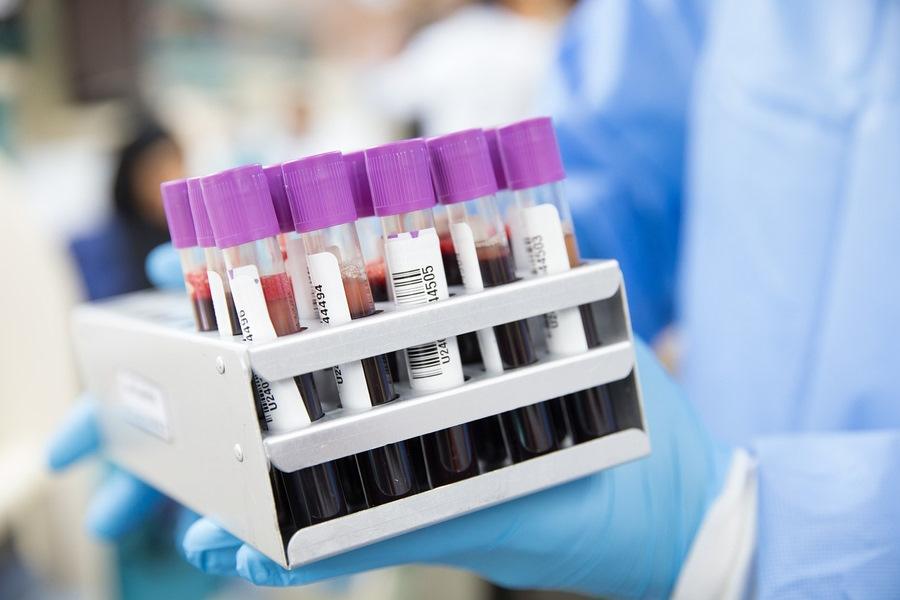Top incentive for joining a clinical trial? The pay

A survey of people in the UK has found that two thirds (69%) of them would consider taking part in a clinical trial, with a financial incentive the most compelling reason to do so.
Around half of the 1,049 people polled said they would also continue taking part in an early-phase trial, after being told what that would entail, but overall the study found that nine out of every 10 respondents had never been involved in any form of clinical study.
That exposes one area to be tackled as the UK attempts to revive a clinical research sector that has seen a 41% decline in new trial initiations between 2017 and 2021, and a 44% drop in participants recruited to commercial clinical trials, according to figures published last year by the Association of the British Pharmaceutical Industry (ABPI).
The poll – run by clinical trials start-up Lindus Health – explored some of the barriers to participating, and found that key concerns were health and safety, the time and effort required, and a lack of job flexibility, as well as low monetary reimbursement in the case of early-stage studies.
Black/African/Caribbean/Black British participants also reported lack of trust as one of their main concerns about early phase clinical trials, although this group was still more likely to have previously taken part in clinical trials overall.
The poll findings suggest, however, that the UK public is not quite as mercenary as one might think from the top-line result. After financial payment, respondents reported that helping to discover new treatments was the next most important motivator, followed by the importance of these studies for society.
The survey has emerged just a few days before former Health Minister Lord James O’Shaughnessy is due to publish his review of the UK’s commercial clinical trials sector, and give recommendations on how to reverse the decline.
“The UK has the tools to be a life sciences superpower, including citizens willing to participate in clinical research - yet, the number of clinical trials is nose diving and 9 in 10 people here have never taken part in one,” commented Lindus Health's founder, Michael Young.
“From failing to give participants the financial compensation and flexibility they need, to a cumbersome process that requires far too much time and effort, the old-fashioned clinical trials industry is holding back the development of life-changing treatments,” he said.
Commercial trial set-up times reduced
Against a depressing backdrop for the UK clinical research sector, there was one positive development reported today on the topic of commercial study set-up times - one factor said to be holding back clinical trials.
Data from the first six months of the National Contract Value Review – the UK’s recently-implemented national approach to costing and contracting for commercial contract research – has suggested that set up times have reduced by 45%, from 213 days to 118 days.
Put another way, in the six months before the NCVR came into effect it was taking an average of seven months to complete costing and contracting for a new study, which has now been trimmed back to four months.
The finding is from a small sample – six studies after the NCVR and 64 studies in the six months beforehand – but, according to National Institute for Health and Care Research (NIHCR), it is an “extremely positive indication” that the new approach is working.
“This revolutionary change in the way we work is possible because the UK is unique, our health and research ecosystem is unique, and we are global pioneers in this space,” said Laura Bousfield, NIHR’s head of feasibility and start-up.
Meanwhile, the UK’s Medicines and Healthcare products Regulatory Agency (MHRA) recently announced sweeping changes to regulations governing clinical trials, which it says are the largest in more than 20 years. The aim is to make it “faster and easier” to gain approval and to run clinical trials in the UK
Image by Ahmad Ardity from Pixabay













